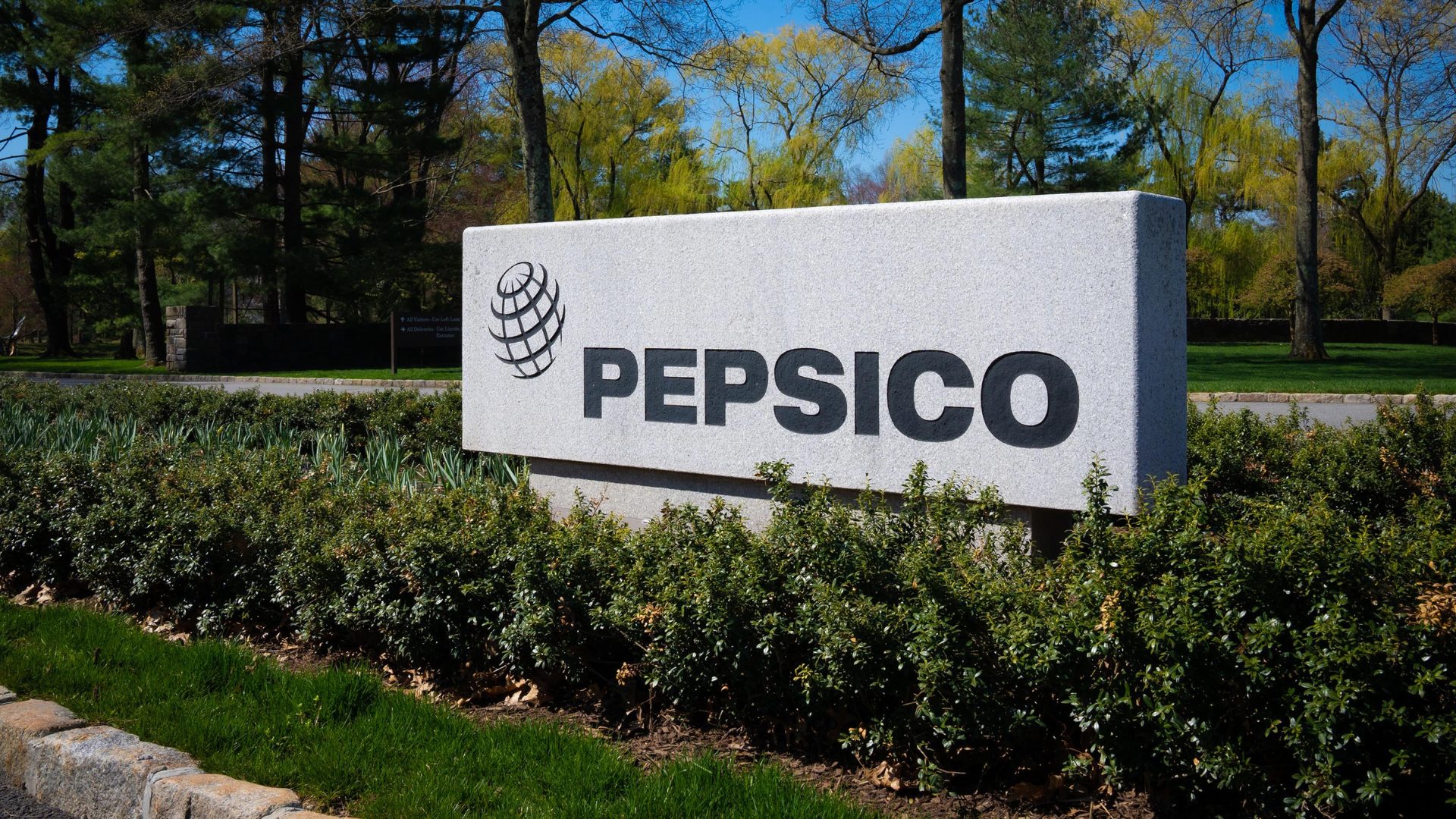Processed food is trumping fresh healthy food during the coronavirus pandemic.
GlobalData found 83% of global consumers are concerned about COVID-19, with 62% expecting the situation to worse. The analysts noted people were living in an “anxiety economy,” meaning that as stress and uncertainty are significantly influencing consumers purchasing choices, sales of alcohol, snack foods, and tobacco all increased.
Many large food businesses, such as Campbell Soup Co., which experienced steady declines in soup sales over the past two years, are now increasing production as demand ramps up, reported The New York Times (April 7). In the last month, sales of Campbell’s soup soared 59% from a year earlier, Prego pasta sauce increased 52%, and sales of Pepperidge Farm Goldfish crackers climbed nearly 23%.
Kraft Heinz, whose products were less popular pre-virus with consumers, told investors last week that some of its factories were working three shifts to meet high demand for products like its macaroni and cheese. The company’s stock rose on April 7 after it said first-quarter sales would be up 3%.
Additionally, Conagra Brands, which reported a decline of over 5% in net sales for the quarter ending Feb. 23, said its shipments to retailers and in-store sales in March grew 50% as demand increased for products such as Slim Jim jerky snacks, Birds Eye frozen vegetables, and Chef Boyardee pastas.
General Mills, the parent brands including Cheerios, Bisquick, and Betty Crocker, has experienced an increase in demand for food products across all of its categories, with the most significant uptick in cereal, soup, flour, baking mixes, and mac and cheese, reported Fox Business (April 8).
“We’re seeing consumers crave comfort and convenience as they are making more meals at home, which increases the demand for items like Progresso Soup, Hamburger Helper, and Annie’s Mac & Cheese,” said Kelsey Roemhildt, a spokeswoman for General Mills.
Whether the sales will disappear once the shutdown ends will depend somewhat on how quickly the economy rebounds, according to Robert Moskow, an analyst at Credit Suisse.
“We counted three economic recessions in the past 30 years, and in each of them the data show that consumers shifted more toward at-home food consumption to save money, away from the structural trend of eating away from the home,” Moskow. “I would expect food-at-home consumption to increase, and not just for the next two months but for the next 12 months.”
Analysts say this shift provides an opportunity for companies to convert first-time shoppers into longtime buyers with packaged, refrigerated, or frozen foods they say are healthier and tastier than they were a few years ago.
Although some might expect premium, better for-you products to be hit hard as consumers trade down during this time, investors in the food space still believe these products will endure the pandemic as consumers have shown a willingness to pay up to eat healthier, according to Mike Schall, managing director on the food & beverage team at FocalPoint Partners, LLC, a Los Angeles-based middle market investment bank.
“If a product’s value proposition is ‘better-for you’ instead of simply being premium or gourmet, it may be able to differentiate to build and retain a dedicated customer base,” wrote Schall in a recent Food Institute Report article. “As stay-at-home government directives require consumers to shift dollars to food at home instead of food away from home, demand for these better-for-you products may surge.”









